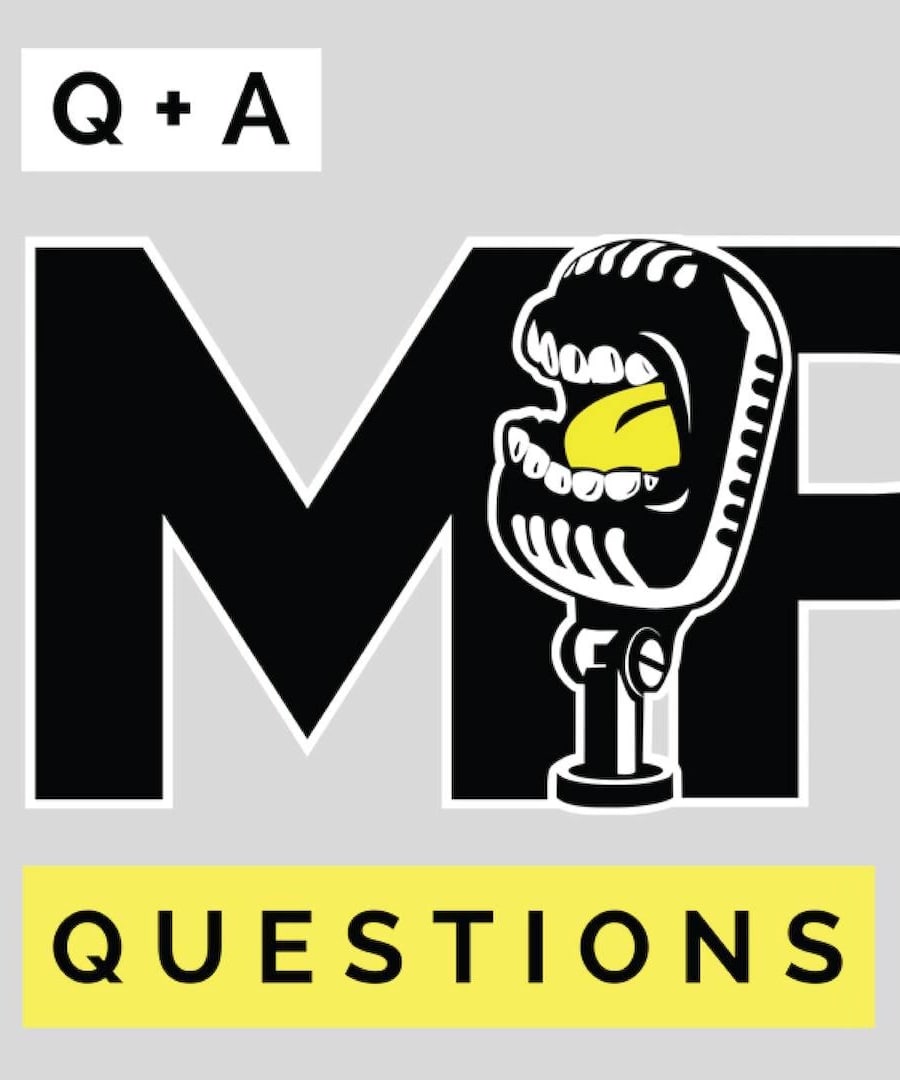Leg Growth
Sources:
Here are some insights and tips from the Mind Pump Podcast on leg growth:
-
Cycling and Sprinting: Cycling, especially high-intensity sprints, can be beneficial for leg muscle growth. Activities that involve explosiveness, like sprinting on a bike, have been shown to lead to noticeable leg development. It's important, however, that these practices are introduced to individuals who are already fit and accustomed to regular training 1.
-
Importance of Squats: Squats are fundamental for leg development. Exercises such as back squats, front squats, Bulgarian split squats, lunges, deadlifts, and hip thrusts are particularly effective. These exercises are not only effective for increasing muscle mass but also enhance the functional use of the legs 2.
-
Systemic Impact of Leg Workouts: Training legs can also promote growth in other body parts due to the systemic impact of resistance training. For instance, working on your legs can even help your arms grow due to the overall increase in muscle-building signals sent throughout the body 3.
-
Using Sleds: Incorporating sled pushes and drags into your workout can be highly effective for building leg muscles. Sleds provide a low-impact, versatile workout that can target various leg muscles through different movements and resistance levels. This method is particularly beneficial for those looking to increase muscle mass without putting excessive stress on the joints 4.
For further enhancing leg growth, it's crucial to focus on progressive overload, maintaining proper form, and ensuring a balanced diet to support muscle recovery and growth.
RELATED QUESTIONS-



